Social advocacy has an unbelievable potential to drive business success and achieve better results in various business and social areas. Moreover, brand advocacy can play a crucial role in making businesses more successful, sustainable, and more efficient.
However, neither in the business nor in the private world, achieving social advocacy is easy. In this blog, we will look at social advocacy from the business perspective and explain how beneficial it can be for organizations.
📚 Before we move forward, get our brand new Employee Engagement Report 2022!
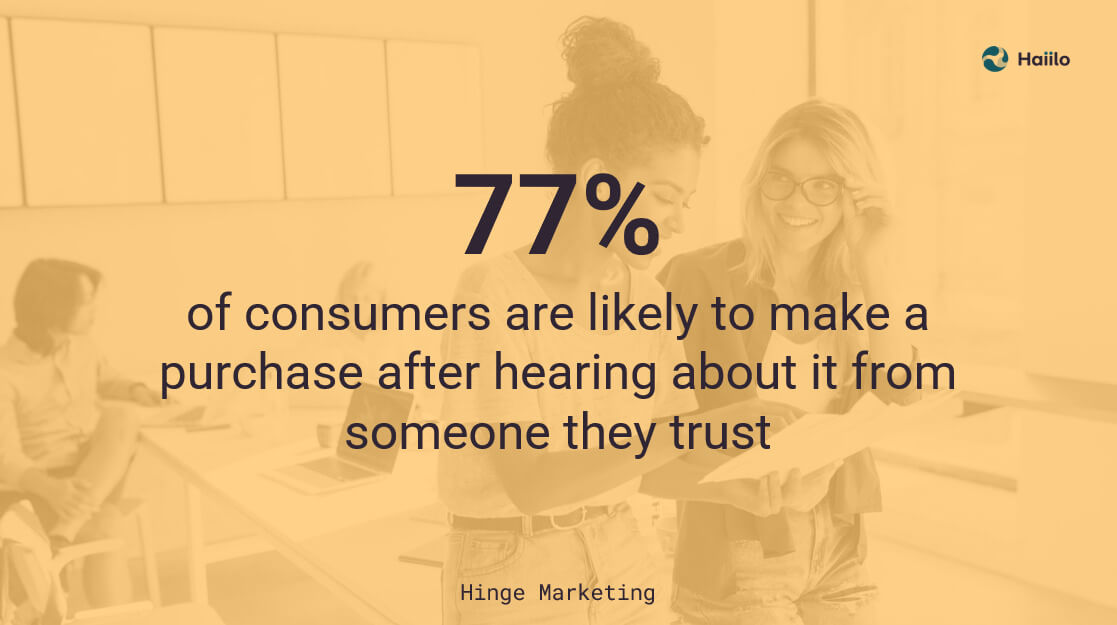
In this blog, we will focus on the benefits of employees acting as a company’s social advocates.
💡 Learn about the latest social media trends for 2022!
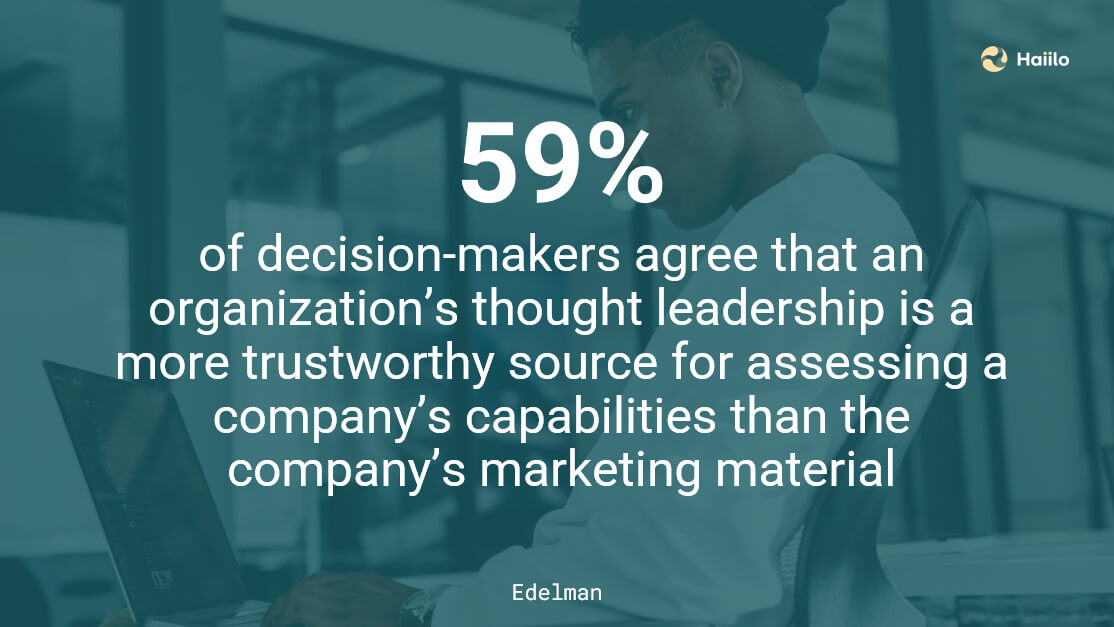
💡 Check our guide for boosting engagement on social media!
2. Social Advocacy Drives Brand Awareness
Companies that have advocates and brand ambassadors are much more efficient in driving brand awareness from their advocate’s existing networks.
The fact that brand messages are re-shared 24 times more frequently when distributed by employees proves the power of social advocacy in marketing.
No wonder why many companies are looking to extend their reach through their own employees!
💡 Also learn about how social advocacy can serve as a low-cost alternative to paid ads!
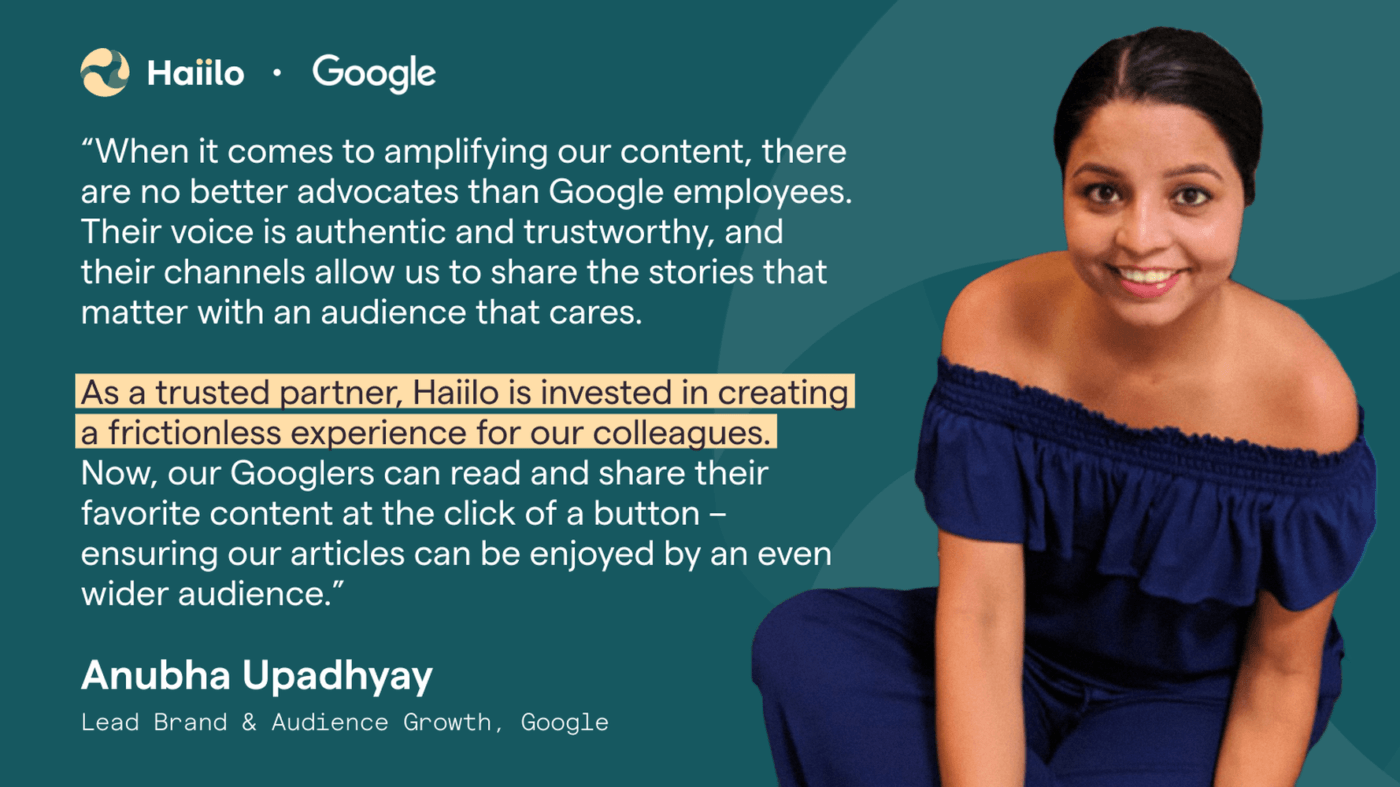
3. Social Advocacy Improves Sales and Conversions
When making a purchasing decision, trust is crucial. The more you trust a product or a service, the more likely you are to purchase it. This is especially true for products and services that require big investments.
So if you are looking to improve conversions in your company, social advocacy is the way to go! According to research, leads developed through employee social marketing convert 7x more frequently than other leads.
💡 If you are in B2B business, LinkedIn is probably an important social channel for you. If so, check our ultimate LinkedIn marketing guide!
4. Social Advocacy Strengthens Employer Brand
When we talk about advocacy and brand ambassadorship, we mostly think of benefits for sales and marketing. In the era of great resignation and the inability to attract and hire the best talent, employer branding benefits may be even more inviting to you.
More and more people use social media to look for new employment opportunities; 79% to be more precise. So when your own employees use social networks to talk about your organization as an employer, they are helping your overall talent acquisition efforts.
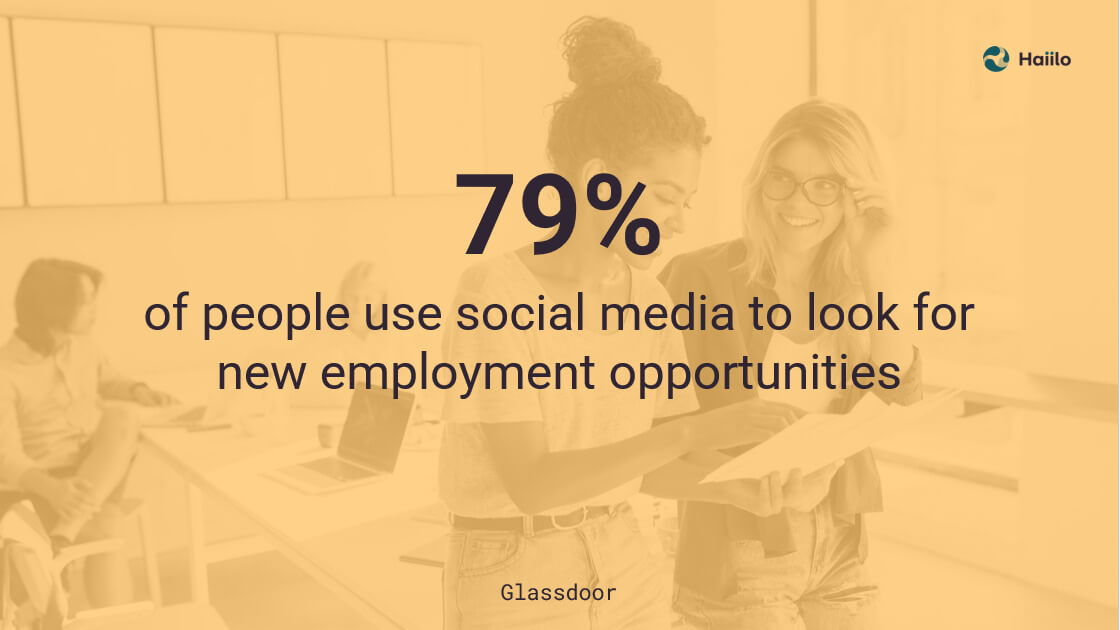
This is the best way for potential job candidates to learn about your organizational culture and understand your EVP (employee value proposition). As a result, companies with a successful employee advocacy program are 58% more likely to attract top talent.
💡If you are a social recruitment fan, you will benefit from our social media recruitment guide!
5. Social Advocacy Boosts Employee Experience and Retention
Companies with a successful employee advocacy program are also 20% more likely to retain top talent.
In general, people engage in advocacy initiatives when they are happy with their employment and when they have a positive employee experience. Companies that drive and empower social advocacy care about their employees’ wellbeing. And employees in such socially engaged companies are more likely to stay at their company, feel optimistic about their company’s future and believe their company is more competitive.
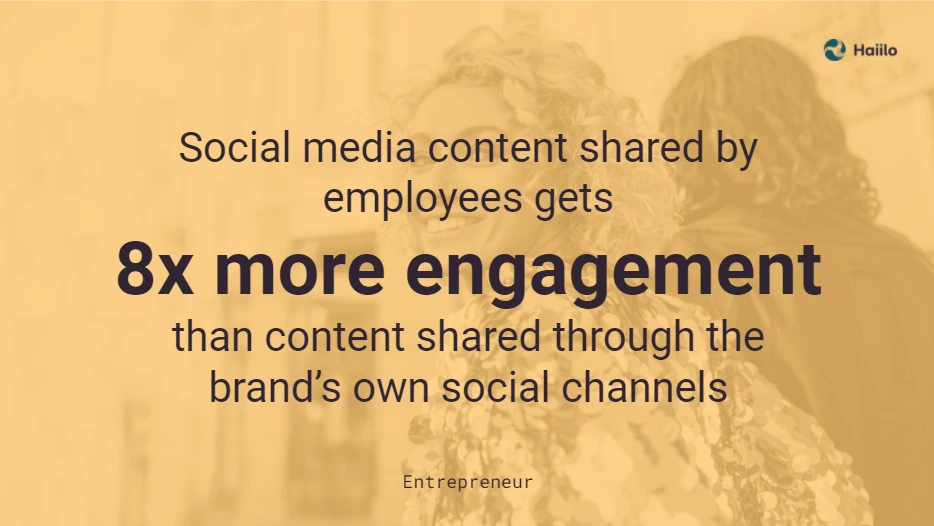
- On average, an employee advocacy program involving 1,000 active participants can generate $1,900,000 in advertising value. (Kredible)
- 79% of firms surveyed reported more online visibility after the implementation of a formal employee advocacy program. 65% reported increased brand recognition. (Hinge Marketing)
- 78% of social sellers regularly outsell their less social-savvy peers. (LinkedIn)
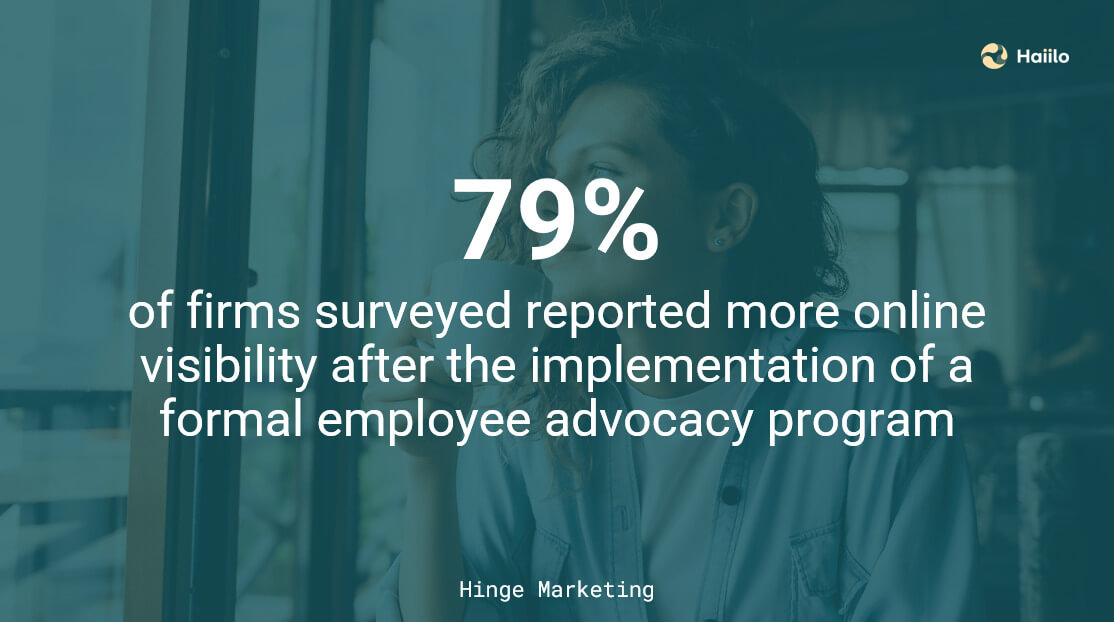
Making social advocacy programs formal means a few things:
- Driving continuous internal marketing and awareness campaigns so that employees understand the benefits of advocacy
- Implementing a social media policy
- Encouraging employees to create employee-generated content
- Making it easy to distribute the company’s content on various internal communications channels
- Making it easy to share content on multiple social media networks with a single click
- Measuring the ROI and impact of employee advocacy
- Measuring employee engagement with employee advocacy programs
- Recognition and rewards based on engagement and performance
If you are looking for a powerful social advocacy solution to boost ambassadorship in your company, schedule a Haiilo demo today!










Social Advocacy Defined
Social advocacy is the process of empowering individuals to become their employer’s advocates for various internal and external causes. The goal of social advocacy is to leverage people’s existing social connections to distribute content and reach a wider audience in the most efficient and authentic way.
Some people relate social advocacy strictly to matters about social rights and social justice where anyone can be an advocate. As defined by law entrance:
Others, on the other hand, use it as a synonym for employee advocacy or a way to empower employees to become brand ambassadors on social media.
In essence, social advocacy is all about empowering a team or group of individuals to support your company’s marketing, sales, and HR strategy by sharing content and connecting with a larger audience.